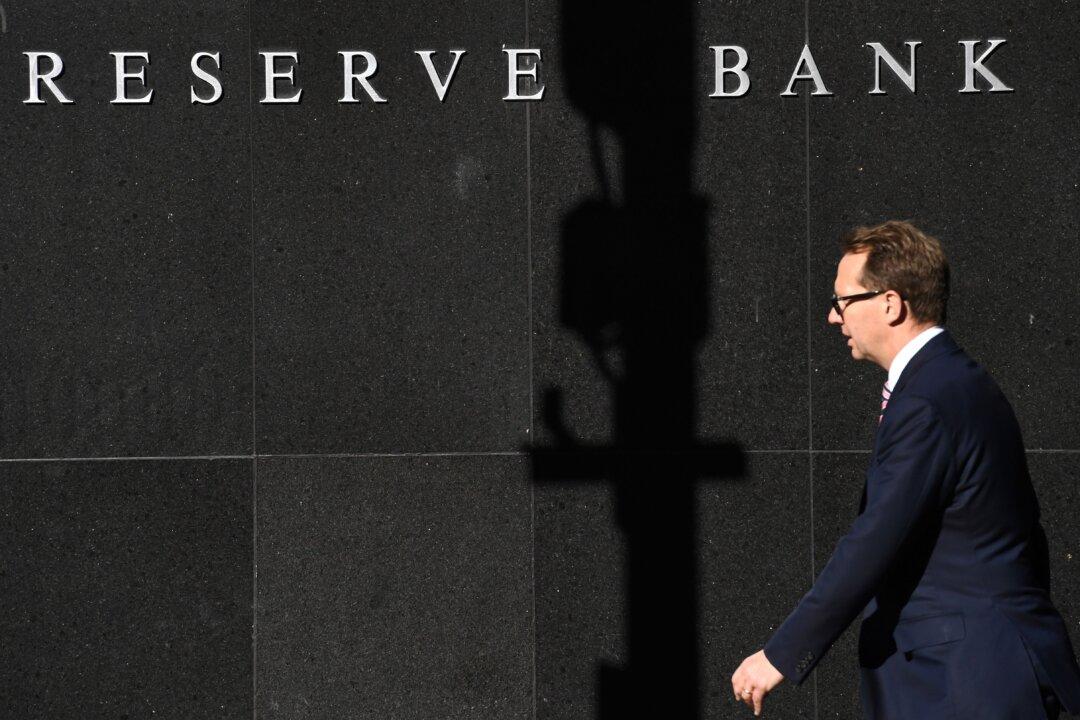The Reserve Bank of Australia (RBA) needs more monetary experts on its board as part of a much needed structural reform, the chief economist at the Centre of Independent Studies said.
Peter Tulip, who previously worked at the RBA, noted that while many media reports have suggested an external RBA review to focus on the bank’s inflation target, it was not the main issue.





